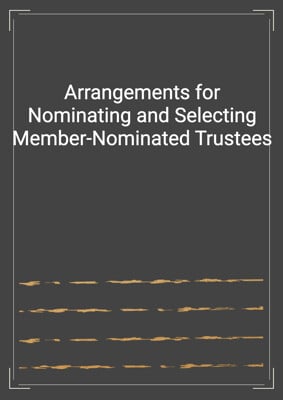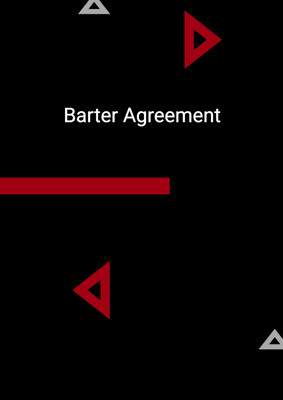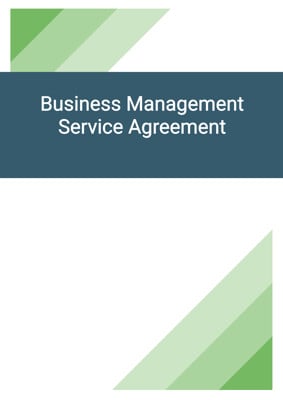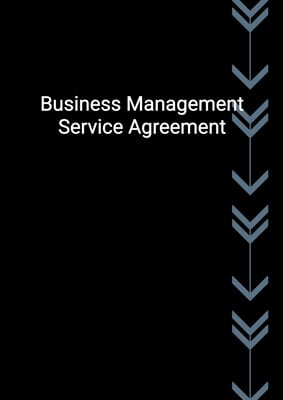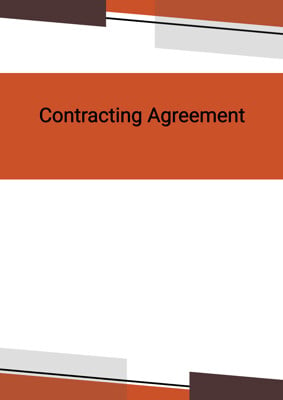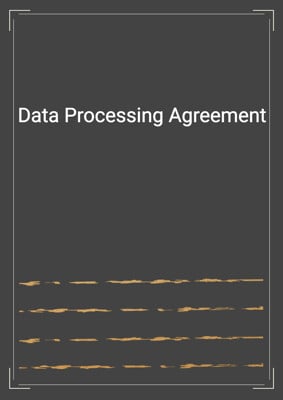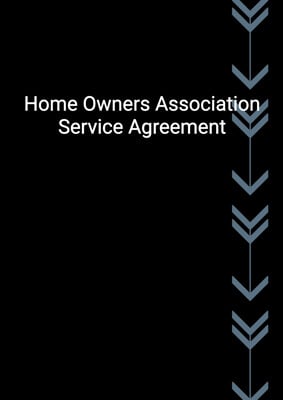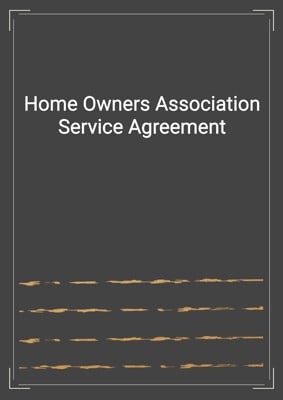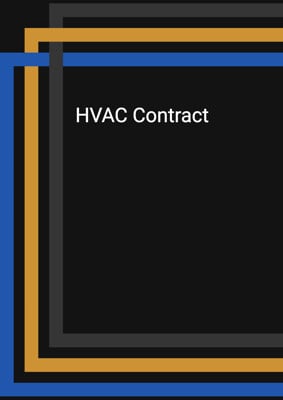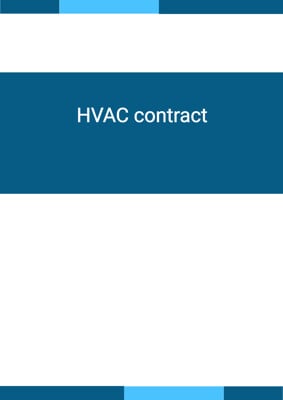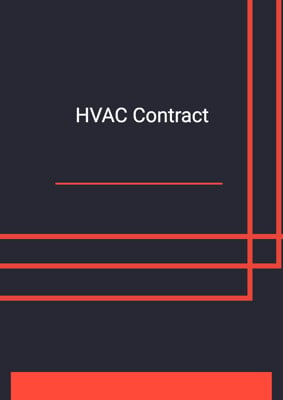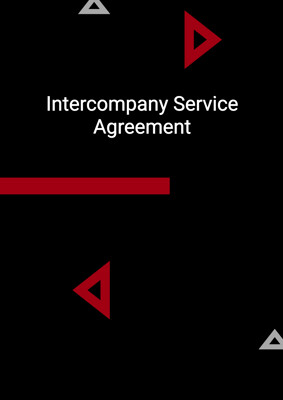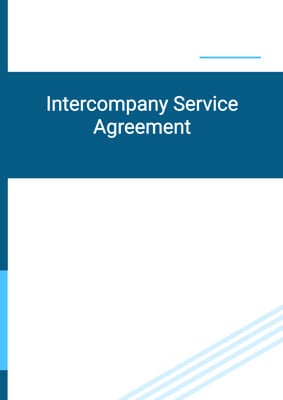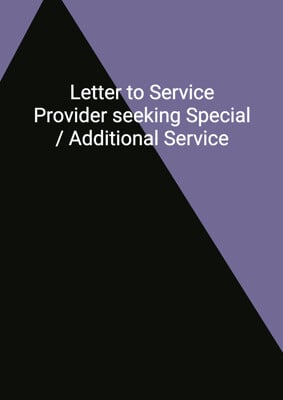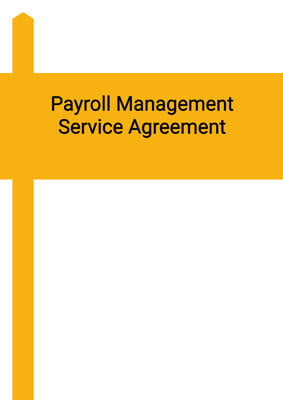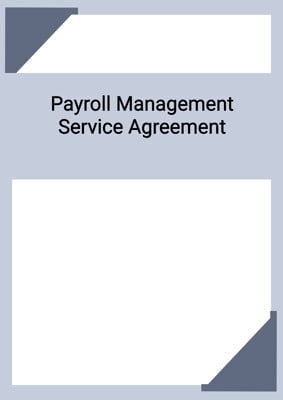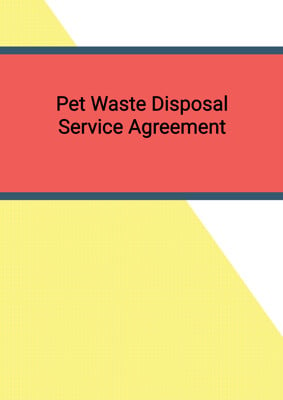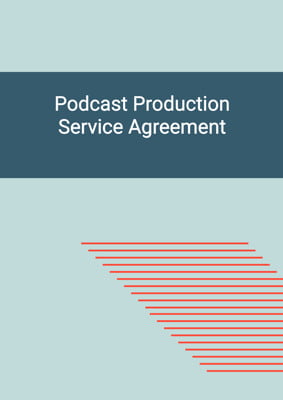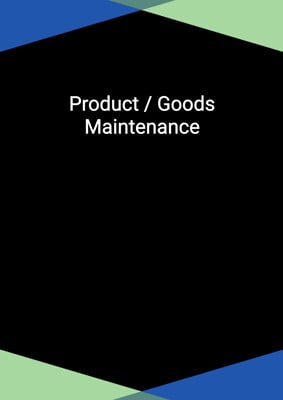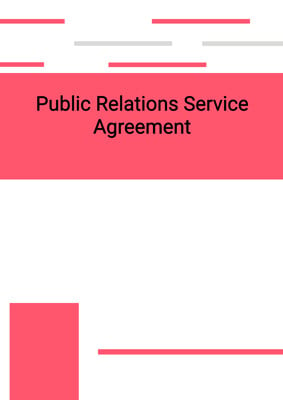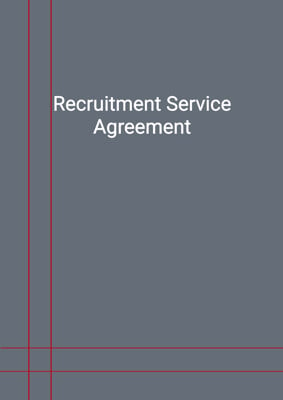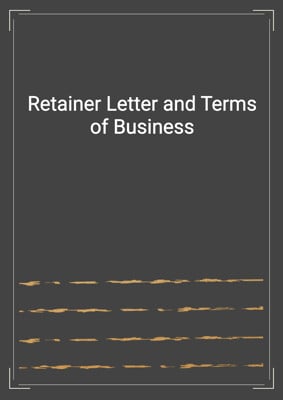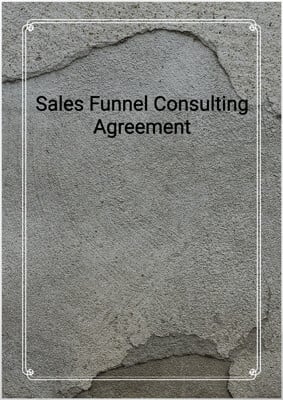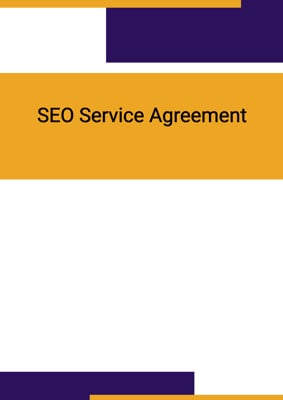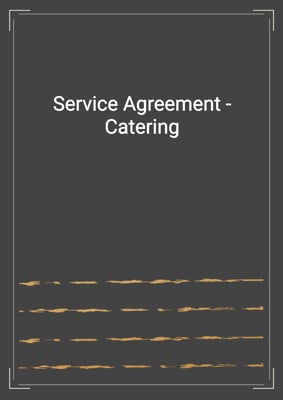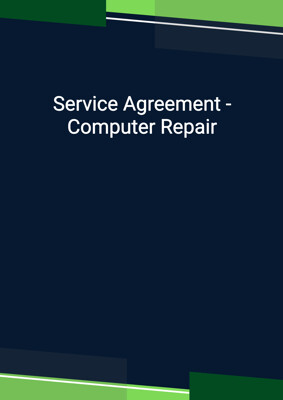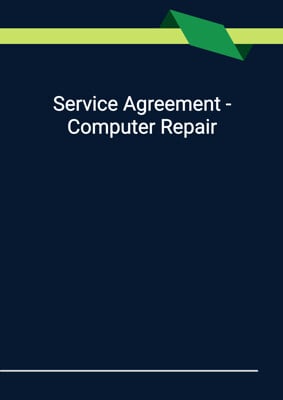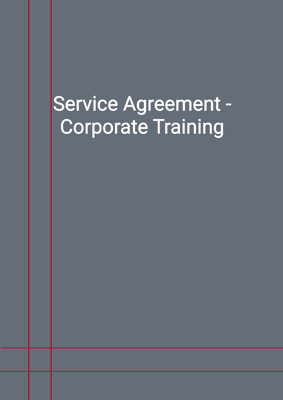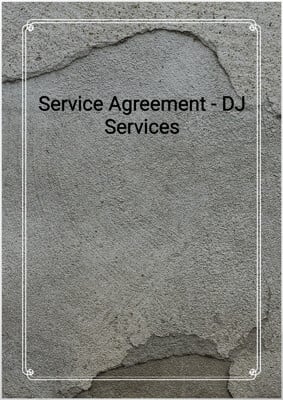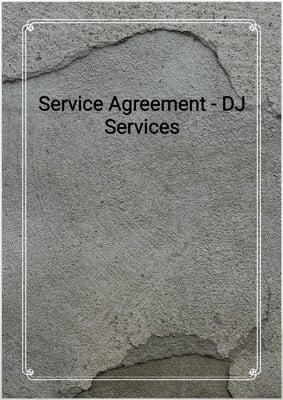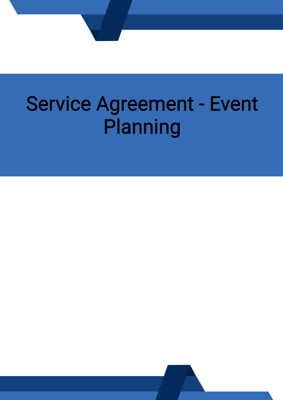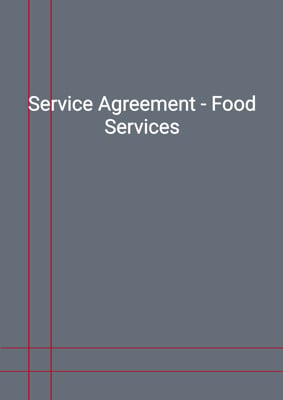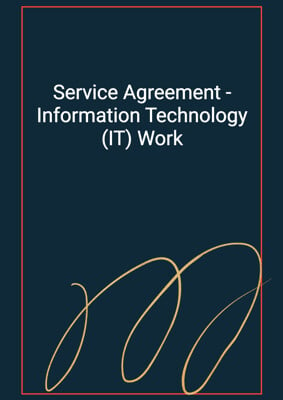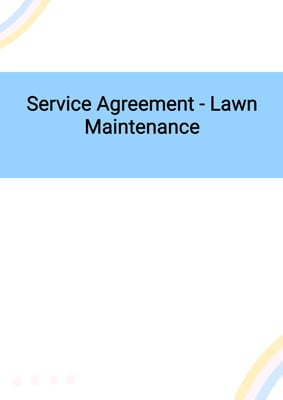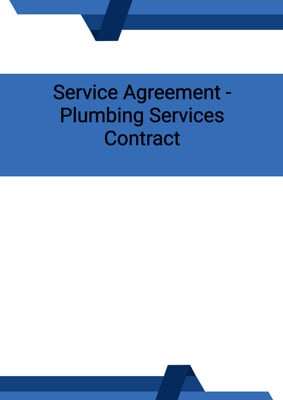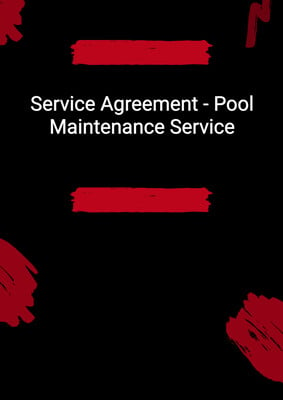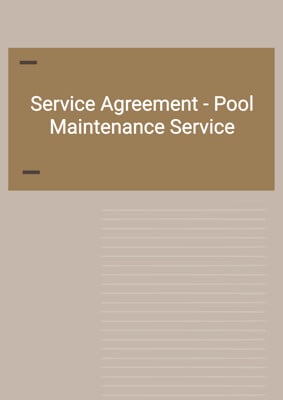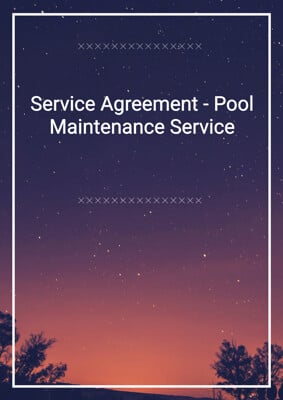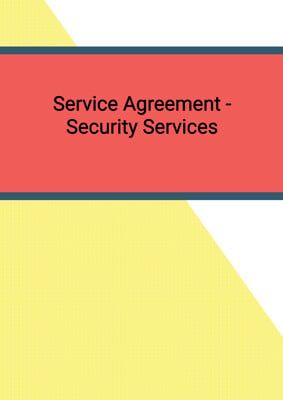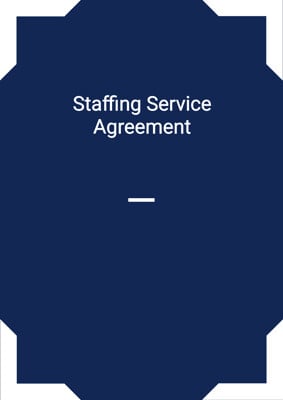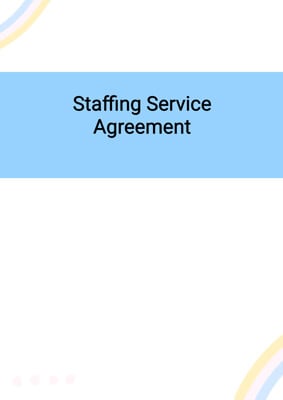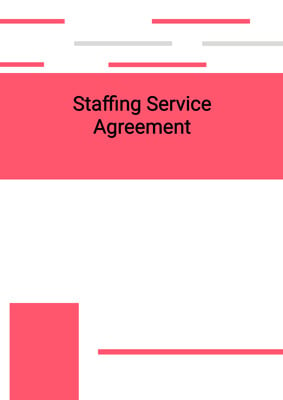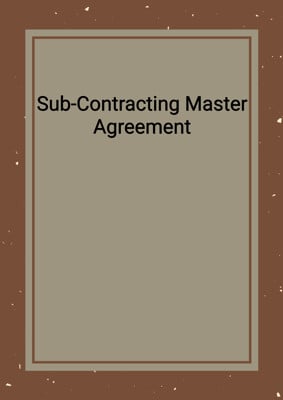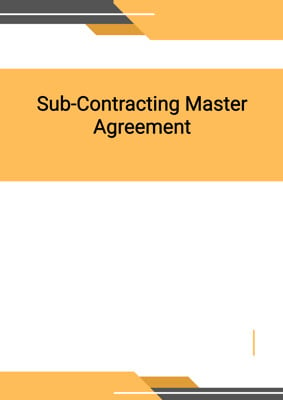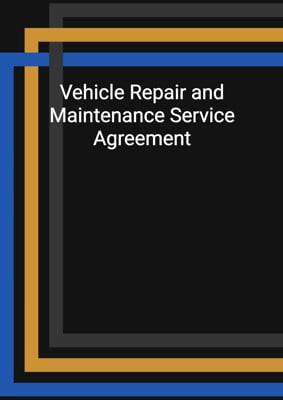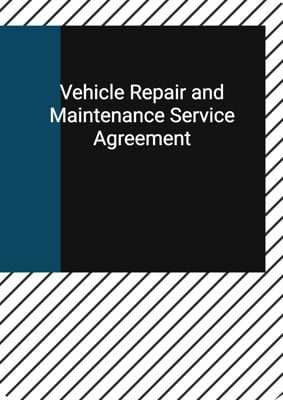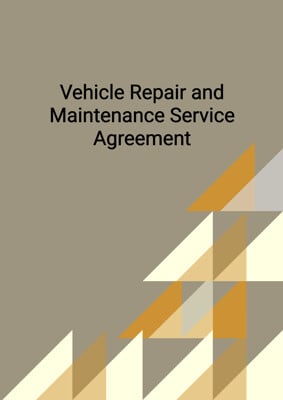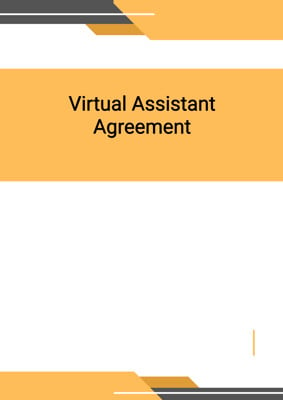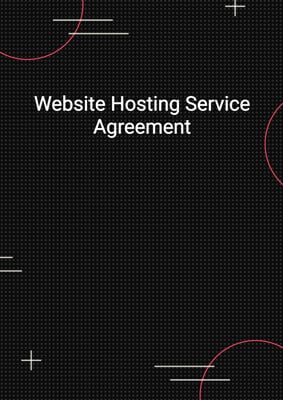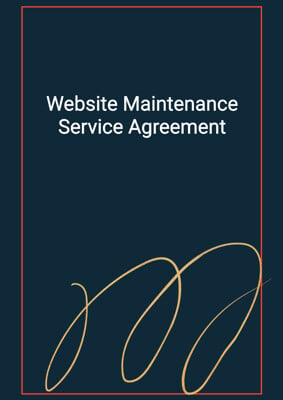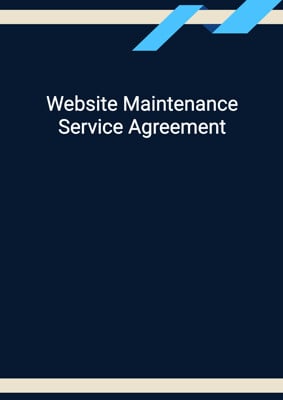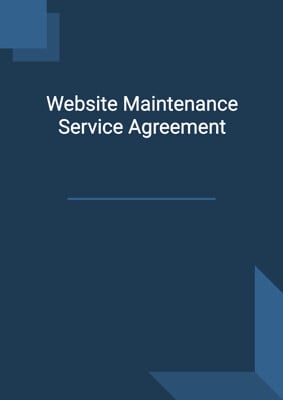How to Tailor the Document for Your Need?
01
Create Document
Fill in the details of the parties. You can click the "Fill with Member’s Information" button to complete it with information saved to your account.
02
Fill Information
Please fill in any additional information by following the step-by-step guide on the left hand side of the preview document and click the "Next" button.
03
Get Document
When you are done, click the "Get Document" button and you can download the document in Word or PDF format.
04
Review Document
Please get all parties to review the document carefully and make any final modifications to ensure that the details are correct before signing the document.
Document Preview
Document Description
The Service Agreement - Snow Plowing is a document that outlines the terms and conditions between the servicer and the customer for the provision of snow plow services. This agreement is important as it establishes the rights and obligations of both parties, ensuring clarity and preventing any misunderstandings.
The entire document is divided into several sections, each addressing different aspects of the agreement. The first section, 'Interpretation,' provides definitions for key terms used throughout the agreement. This ensures that both parties have a clear understanding of the terminology used.
The second section, 'Servicer's Obligations,' outlines the responsibilities of the servicer. It states that the servicer agrees to use their professional knowledge and skills to provide the snow plow services as necessary based on weather conditions. It also emphasizes the importance of performing the services in a professional and diligent manner, complying with all applicable laws and regulations.
The third section, 'Completion of the Work,' highlights the importance of timely completion of the services. It states that time is of the essence and that the services should be completed by the agreed-upon completion date. It also addresses the consequences of non-completion, allowing the customer to claim liquidated damages if the services are not completed by the completion date.
The fourth section, 'Service Fees,' specifies the payment terms for the services. It states that the customer shall pay the servicer a service fee for each instance that the services are performed. It also addresses the invoicing and payment due dates, as well as the reimbursement of expenses incurred by the servicer.
The fifth section, 'Staff,' outlines the requirement for the servicer to assign and send a team of employees to perform the services. This ensures that the customer receives the necessary manpower to carry out the snow plow services.
The sixth section, 'Permits and Permissions,' highlights the servicer's responsibility to obtain all necessary licenses, permits, and permissions to provide the services. This ensures compliance with any legal requirements.
The seventh section, 'Background Check,' emphasizes the importance of comprehensive background checks on all employees. It states that no employee should have any criminal history or be listed on any sex-offender registry.
The eighth section, 'License and Insurance,' addresses the requirement for the servicer to obtain the necessary licenses and approvals for doing business. It also clarifies the financial responsibility in case of injury resulting from the customer's gross negligence.
The ninth section, 'Warranties and Indemnities,' highlights the servicer's obligations to promptly notify the customer of any delays or problems in providing the services. It also addresses the servicer's liability for personal injury or death arising from the services and the requirement to maintain appropriate insurance.
The tenth section, 'Term and Termination,' specifies the duration of the agreement and the conditions for termination. It allows for termination by either party with prior notice and outlines the consequences of termination.
The eleventh section, 'Ownership of Materials,' states that materials and goods delivered to the site become the property of the customer. It also addresses the ownership of intellectual property developed under the agreement.
The twelfth section, 'Confidential Information,' imposes obligations on the servicer to keep confidential any information disclosed by the customer. It specifies exceptions to this obligation, such as information already in the public domain or required to be disclosed by law.
The thirteenth section, 'Announcements/Publicity,' requires prior approval for any announcements or disclosures related to the agreement, except when required by law.
The fourteenth section, 'Amendment,' states that any variation of the agreement must be in writing and signed by the parties. It clarifies that variations do not constitute a general waiver of any provisions and do not affect rights and obligations already accrued.
The fifteenth section, 'Assignment,' prohibits the servicer from assigning the agreement or subcontracting without prior written consent.
The sixteenth section, 'Severability,' addresses the situation where a provision of the agreement is held to be illegal, void, or unenforceable. It states that such provision shall be deemed not to be included, but the remaining provisions shall remain in full force and effect.
The seventeenth section, 'Further Assurance,' requires the parties to perform any further acts or execute additional documents necessary to implement the agreement.
The eighteenth section, 'Warranty of Capacity and Power,' includes representations and warranties from each party regarding their authority and capacity to enter into and carry out the obligations under the agreement.
The nineteenth section, 'Force Majeure,' relieves the parties from liability for failure or delay in performing their obligations due to causes beyond their reasonable control.
The twentieth section, 'No Rights under Contracts for Third Parties,' clarifies that third parties have no right to enforce the terms of the agreement.
The twenty-first section, 'Arbitration and Proper Law,' encourages the parties to resolve any disputes amicably and in good faith. It also specifies the jurisdiction for any legal proceedings.
The twenty-second section, 'Notices and Service,' outlines the methods and deemed delivery times for serving notices under the agreement.
The twenty-third section, 'Counterparts,' allows the agreement to be executed in multiple counterparts, with each counterpart considered an original.
Overall, this Service Agreement - Snow Plowing is a comprehensive document that covers all aspects of the relationship between the servicer and the customer, ensuring clarity, protection, and accountability for both parties.
How to use this document?
1. Enter the Contractor's and Customer's information in the agreement, including their principal place of business. This ensures that both parties are clearly identified.
2. Clearly specify the agreed price and completion date of the work to be carried out by the Contractor. This will ensure that both parties are aware of the expectations and deadlines.
3. Clearly describe the type(s) of services to be provided by the Contractor. This ensures that both parties are aware of the scope of work and can avoid any misunderstandings.
4. Both parties should agree on the length of warranty and time of payment after the completion of the work. This ensures that both parties are aware of the payment terms and the length of the warranty.
5. If the work is not completed by the completion date, specify the amount of damages per week that the Customer is entitled to. This ensures that both parties are aware of the consequences of non-completion.
6. The Contractor should keep an exact record of any and all expenses acquired while performing the services. These expenses should be itemized in the invoice along with proof of purchase and receipt.
7. The Customer should notify the Contractor in writing of any dispute with an invoice, providing substantiating documentation or a detailed description of the dispute.
8. The Contractor should assign and send a team of employees to the property to perform the services. This ensures that the necessary manpower is available.
9. The Contractor should obtain all necessary licenses, permits, and permissions to provide the services. Compliance with applicable laws and regulations is essential.
10. The Contractor should conduct comprehensive background checks on all employees to ensure their suitability for the job.
11. The Contractor should obtain the required licenses and approvals for doing business and clarify the financial responsibility in case of injury resulting from the customer's gross negligence.
12. The Contractor should promptly notify the Customer of any delays or problems in providing the services and take necessary actions to rectify any defects.
13. The Customer should keep the site of the services and any related materials as the property of the Contractor until completion.
14. Both parties should keep any confidential information disclosed during the agreement confidential, unless required by law or with the other party's consent.
15. Any announcements or disclosures related to the agreement should be approved by all parties, except when required by law.
16. Any variations to the agreement must be in writing and signed by the parties. Variations do not waive any provisions and do not affect rights and obligations already accrued.
17. The Contractor should not assign the agreement or subcontract without the Customer's prior written consent.
18. If any provision of the agreement is held to be illegal, void, or unenforceable, the parties should negotiate a valid substitute provision to maintain the balance of their commercial interests.
19. The parties should perform any further acts or execute additional documents necessary to implement the agreement.
20. Each party should ensure they have the authority and capacity to enter into and carry out their obligations under the agreement.
21. The parties should make reasonable efforts to resolve any disputes amicably and in good faith.
22. Notices under the agreement should be served in accordance with the specified methods and deemed delivery times.
23. The agreement may be executed in multiple counterparts, with each counterpart considered an original.
Not the right document?
Don’t worry, we have thousands of documents for you to choose from:


